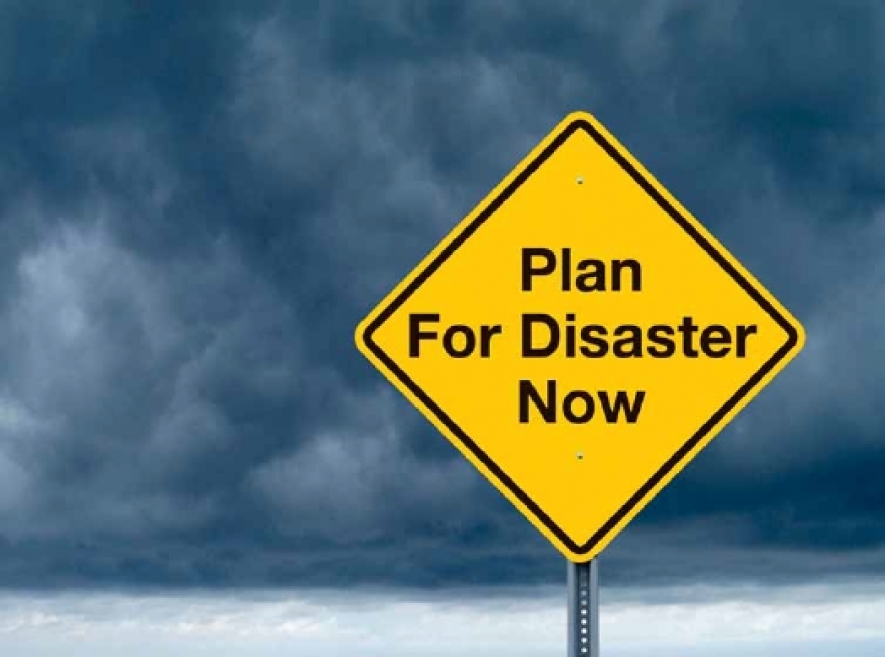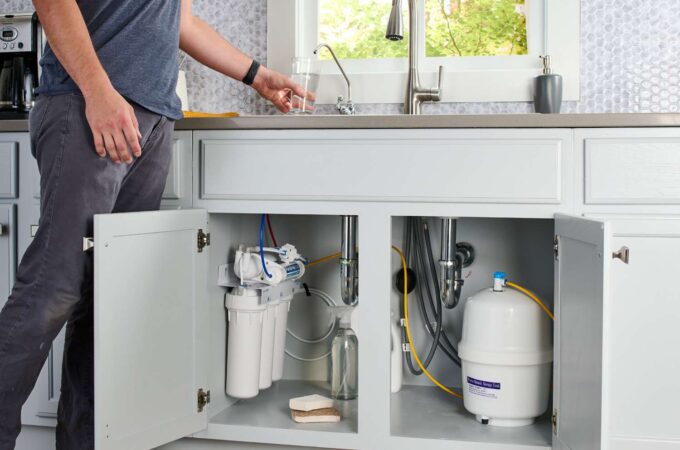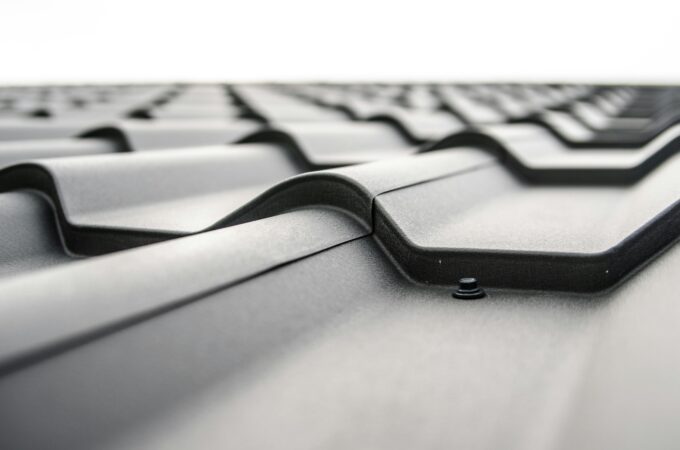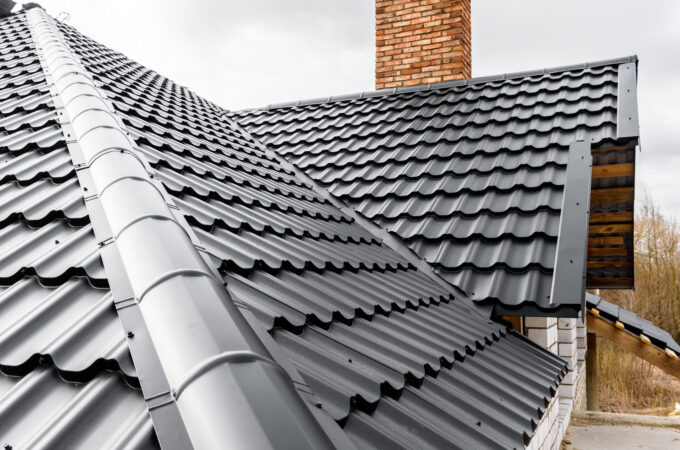
How Apartment Tenants Can Protect Themselves and Belongings from Natural Disaster
The National Centers for Environmental Information (NCEI) reported that 2020 saw 22 separate billion-dollar weather and climate disasters alone, breaking the previous annual record of 16 which occurred in 2011 and 2017. With natural disasters on the increase, it’s more important than ever to not only safeguard your belongings, but to protect yourself and your family.
When you live in one of the apartments in Arlington, TX or an apartment anywhere else in the U.S., your landlord will be responsible for maintaining the property for safety, ensuring that units are in good repair and that debris like branches or items that could blow into cars or the building are removed. That said, there are things that tenants need to do to protect themselves and their belongings from natural disasters as well.
Floods
If you are living in an area subject to flooding, be sure to place any valuables high enough to be out of the way of rising waters. If your apartment starts to flood during a storm, unplug all electrical items and vacate the premises, if possible. When heavy rainfall is predicted, ask management about sandbags which can prevent outside water from getting into apartments at ground level.
Hurricanes
Hurricanes can bring winds as strong as 155 miles per hour which can break windows, damage roofs, and more. When living in an apartment in an area subject to these storms, your landlord should have hurricane shutters installed otherwise you might need to board up your windows and any sliding doors. Management may be able to provide the materials to do so. You should also secure any outdoor furniture like a grill and/or patio set along with children’s toys and anything else that might get blown around.
Tornadoes
Tornadoes are incredibly destructive with winds that can be as powerful as 300 miles per hour. They’re so strong trees can be lifted right out of the ground and roofs may be torn right off buildings. To reduce the risk of projectiles, remove furnishings from your balcony or patio and plan to take shelter when there is a tornado warning. The best place is usually in the bathtub, using a mattress to cover your head to prevent injury.

Earthquakes
Earthquakes can damage an apartment’s structural integrity, which may include cracks in the ceiling, walls, and/or foundation. They can also crack or shatter windows. Living in a seismic zone, an area where earthquakes tend to focus, you’ll want to anchor any heavy or breakable items that could fall or be thrown around like televisions, bookshelves, and mirrors. During an earthquake don’t stand next to windows or mirrors that might shatter, instead duck underneath a sturdy table or desk and then cover the back of your head and neck with your arms.
Wildfires
If there is a raging wildfire nearby, the unhealthy air quality can be as dangerous as the flames. Close the windows and run your air conditioner with the fresh air intake closed to avoid letting additional smoke inside. When an evacuation is necessary, reduce drafts and remove radiant heat from the building by shutting all doors and windows. Take down window treatments and curtains, and move any flammable furniture to the middle of each room, away from windows




